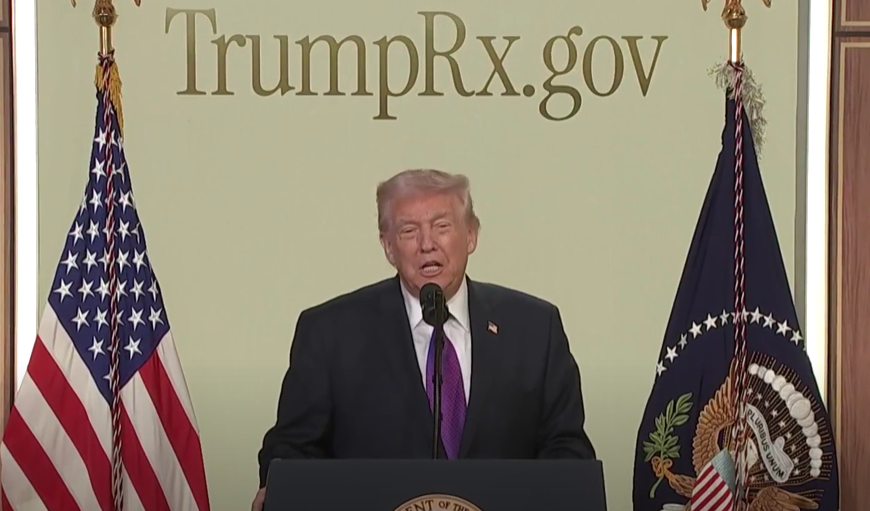Can AI Chatbots Replace Your Therapist? Science Says ‘Yes’!

© ThisIsEngineering / Pexels
The integration of artificial intelligence (AI) and chatbots into mental health care has garnered significant attention, particularly regarding the role of chatbots as therapeutic tools.
Recent studies and developments suggest that, with appropriate safeguards, AI chatbots could offer substantial benefits to individuals experiencing mental health challenges.
Promising Findings from Recent Research About Chatbots
A study conducted by researchers at Dartmouth College explored the effectiveness of a generative AI tool designed to function as a therapist. The findings revealed notable improvements in patients dealing with depression, anxiety, and eating disorders. However, the researchers emphasized the necessity of implementing stringent oversight to ensure the tool’s safety and efficacy.

The Role of AI Companions & Chatbots in Mental Health Support
AI companions, such as Ebb, integrated into the Headspace meditation app, have been developed to assist users in managing depression and other mental health issues. These AI-driven tools offer empathetic responses, reflective dialogue, and personalized meditation suggestions.
These are not a replacement for human therapists. However, users have reported experiencing solace and improved well-being through regular interactions with such companions.
Limitations and Ethical Considerations
Despite the potential benefits, AI chatbots are not without limitations. Concerns have been raised about their ability to handle severe mental health issues and emergencies effectively. Critics argue that while these tools may assist with less severe problems, they should not replace traditional therapies. There is a call for more regulation and better integration of AI chatbots into regular healthcare services to ensure user safety.
The Importance of Human Oversight
The effectiveness of AI chatbots in mental health support is closely tied to human oversight. Ensuring that these tools are developed alongside certified professionals is crucial to providing safe and effective support. Transparency in AI capabilities and limitations is essential to maintaining user trust and safety.

AI chatbots hold significant promise as supplementary tools in mental health therapy, offering accessible and immediate support to individuals. However, their implementation must be approached with caution, ensuring robust safeguards and human oversight to address ethical considerations and limitations.
As the field evolves, ongoing research and collaboration between technologists and mental health professionals will be vital to harness the full potential of AI in mental health care.
You might also want to read: Study Finds ChatGPT Outperforms Physicians


